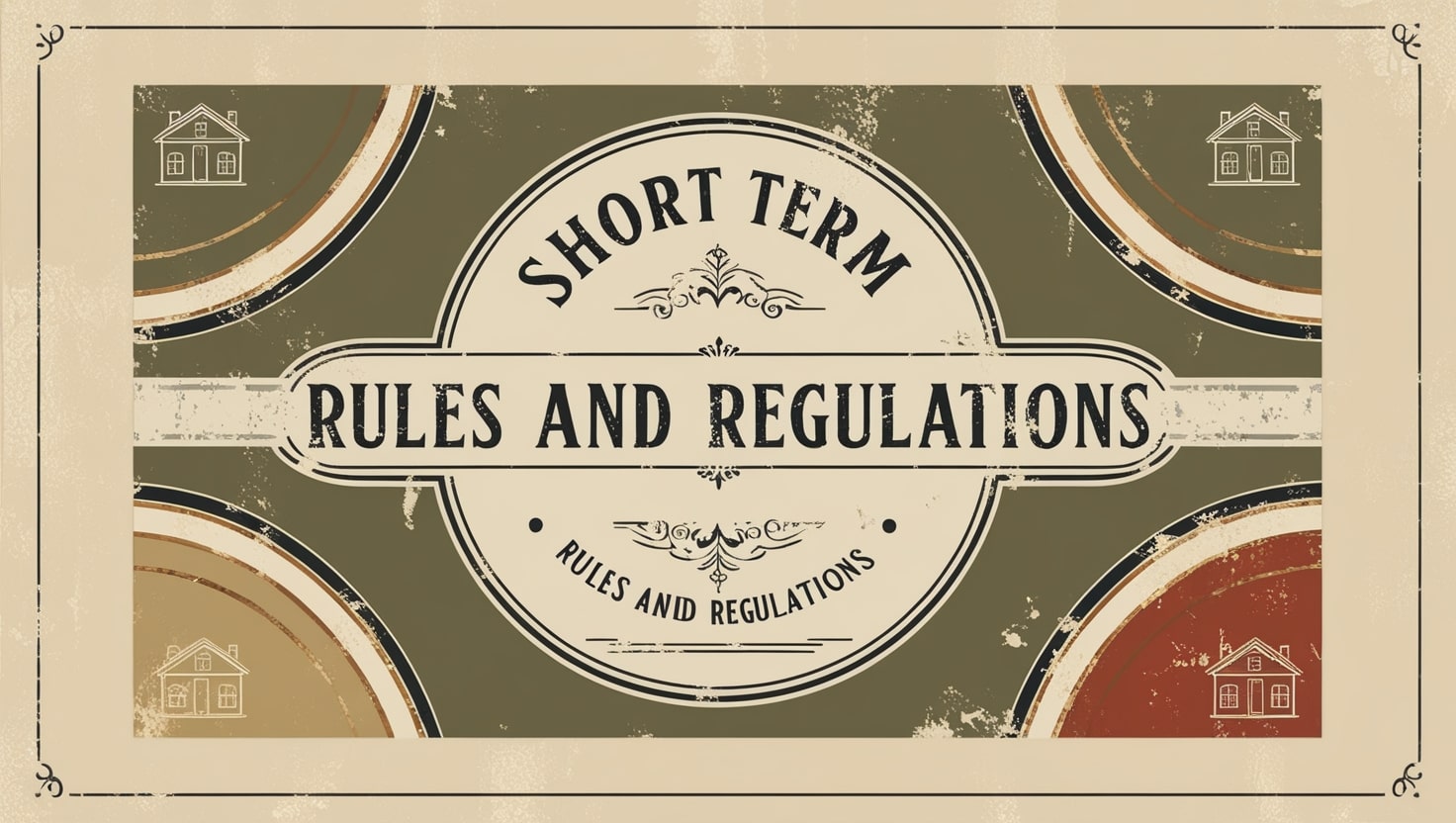Atlanta, United States Airbnb Rules & Regulations
Last updated on: 4th July, 2025


Last updated on: 4th July, 2025

In Atlanta, hosts looking to operate short-term rental (STR) properties like Airbnb must navigate a well-defined regulatory framework established by the City of Atlanta. Here are the key aspects of the regulations that hosts need to be aware of:
To legally operate a short-term rental, hosts must obtain a Short-Term Rental License (STRL) through the City of Atlanta’s online portal. This process involves submitting an application that includes property details, the owner’s contact information, proof of insurance, and an agreement to adhere to city regulations. Upon approval, the STRL number must be displayed in all advertisements for the rental property.
Short-term rentals are defined as accommodations for stays of less than 30 consecutive days. This stipulation differentiates regular rental agreements from those classified as short-term.
Hosts may only obtain a license for their primary residence and one additional dwelling unit. This restriction aims to ensure oversight and prevent properties from being operated as de facto hotels.
Short-term rentals are permissible across all residential zones in Atlanta. Hosts must comply with local zoning laws and safety standards, ensuring that their rentals do not disrupt the neighborhood, particularly in terms of noise and parking.
Hosts are required to manage various tax responsibilities, including a 4% state sales tax, local sales, and occupancy taxes. Additionally, a $5 hotel-motel fee per night applies to all STRs. Regular reporting and payment of these taxes are essential to avoid penalties.
The city enforces regulations strictly, with penalties for violations. First-time offenders may incur fines of up to $500, while repeat violations can lead to the suspension of rental licenses, effectively barring hosts from operating their properties.
The regulations aim to balance the interests of hosts, residents, and tourists. Hosts are encouraged to follow best practices such as maintaining accurate listings, ensuring safety measures are in place, and communicating local regulations to guests.
Navigating Atlanta's short-term rental regulations is crucial for hosts to operate legally and responsibly. By adhering to these guidelines, hosts can contribute positively to the local economy while respecting their neighborhood dynamic. Regular updates and resources are available through the City of Atlanta’s online portal to help hosts remain compliant with evolving regulations.